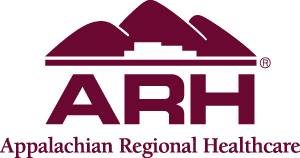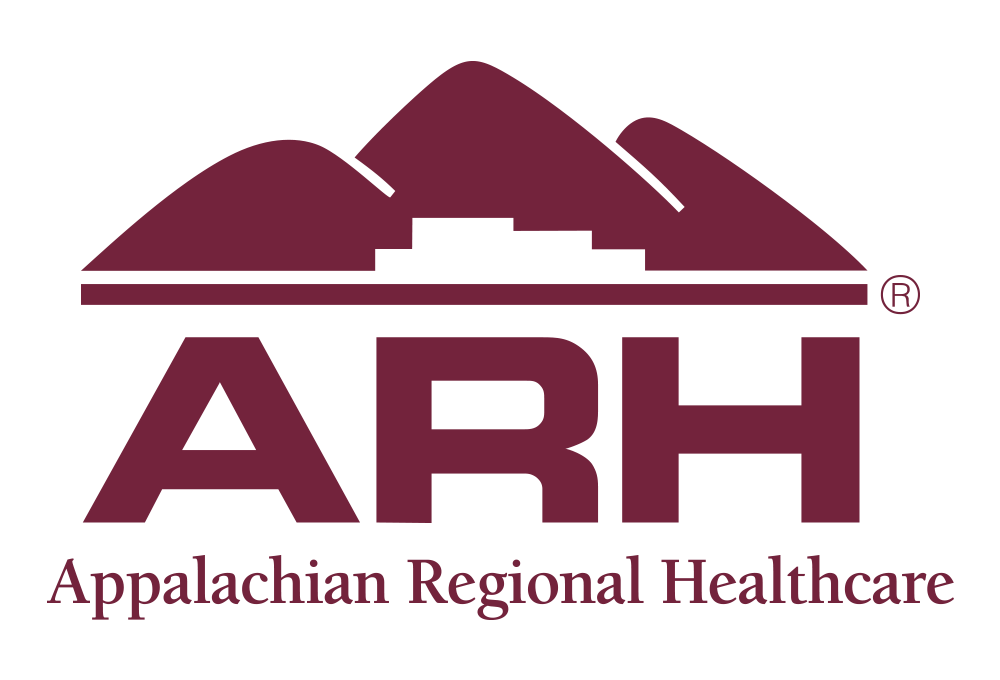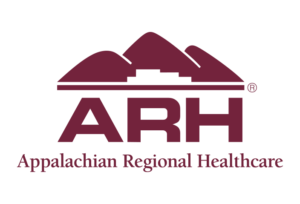Most Monoclonal IV Treatments Are
Not Effective Against New Omicron Variant
(Jan 06, 2022) – Omicron has rapidly spread and is now the dominant variant of COVID-19 in Kentucky.
Based on the information provided by state health officials, the two most common outpatient monoclonal IV infusion treatments used to help reduce the severity of symptoms and eventual hospitalization from COVID-19 are not effective against the Omicron variant and should no longer be used.
Due to this guidance, ARH locations in Kentucky will no longer be able to offer the bamlanivimab/etesevimab or casirivimab/imdevimab (Regeneron) outpatient infusion treatments for COVID-19 at this time.
High risk patients who are immunocompromised or unvaccinated individuals 75 years or older or 65 years or old with additional risk factors may be eligible to receive Sotrovimab – the only infusion treatment shown to be effective against the Omicron variant. Currently, Sotrovimab supply is extremely limited across the nation and may not be available in every ARH location.
ARH hospitals will continue to care for patients with COVID-19 in our Emergency Rooms and hospitals.
Patients currently ill with COVID 19 and previously scheduled at ARH for the now unavailable monoclonal infusions should follow the medical advice of their healthcare provider and closely monitor their symptoms. If symptoms worsen, these patients should immediately seek care at their local hospital Emergency Department.
“Being back to square one on outpatient treatment for this virus is a place we had hoped to never be at again. We are sorry that the monoclonal treatments that have helped so many manage the symptoms of COVID-19 are no longer effective against this new variant,” says Maria Braman, MD, ARH Chief Medical Officer. “As we have through the duration of this pandemic, ARH will continue to closely monitor all COVID-19 recommendations, and provide any recommended new treatment options to our communities as soon as they are available to us.”
Dr. Braman says that without the monoclonal antibody treatments readily available, the best defense against the ever-changing variants of COVID-19 is to be fully vaccinated.
“The reality of what we are facing is that vaccination and boosters are the best and only option against Omicron,” Dr. Braman says.
Those who have been fully vaccinated against COVID-19, are strongly encouraged to also get a COVID-19 booster once they reach the recommended timeframe established by the vaccine manufacturer for doing so – currently:
Pfizer-BioNTech
Who should get a booster: Adults 18 years and older and Pediatrics 12-17 years old.
When to get a booster: At least 5 months after completing your primary COVID-19 vaccination series
Which booster can you get:
- Pfizer-BioNTech or Moderna (mRNA COVID-19 vaccines) are preferred in most situations
- Pediatrics 12-17 years old may only get a Pfizer-BioNTech COVID-19 vaccine booster
If you received Moderna
Who should get a booster: Adults 18 years and older
When to get a booster: At least 6 months after completing your primary COVID-19 vaccination series
Which booster can you get:
Pfizer-BioNTech or Moderna (mRNA COVID-19 vaccines) are preferred in most situations
If you received Johnson & Johnson’s Janssen
Who should get a booster: Adults 18 years and older
When to get a booster: At least 2 months after receiving your J&J/Janssen COVID-19 vaccination
Which booster can you get:
Pfizer-BioNTech or Moderna (mRNA COVID-19 vaccines) are preferred unless:
- you had a severe reaction after an mRNA vaccine or severe allergy to an ingredient of Pfizer-BioNTech or Moderna vaccines
- would otherwise remain unvaccinated for COVID-19 due to limited access to Pfizer-BioNTech or Moderna (mRNA COVID-19 vaccines)
# # #
Appalachian Regional Healthcare (ARH) is a not-for-profit health system operating 14 hospitals in Barbourville, Hazard, Harlan, Hyden, Martin, McDowell, Middlesboro, Paintsville, Prestonsburg, West Liberty, Whitesburg and South Williamson in Kentucky and Beckley and Hinton in West Virginia, as well as multi-specialty physician practices, home health agencies, home medical equipment stores and retail pharmacies. ARH employs more than 6,000 people with an annual payroll and benefits of $330 million generated into our local economies. ARH also has a network of more than 600 active and courtesy medical staff members. ARH is the largest provider of care and the single largest employer in southeastern Kentucky and the third-largest private employer in southern West Virginia.


 NEWS RELEASE – January 06, 2022
NEWS RELEASE – January 06, 2022